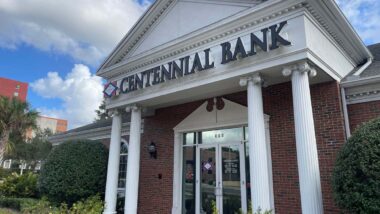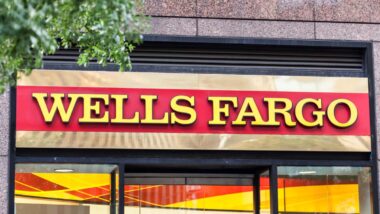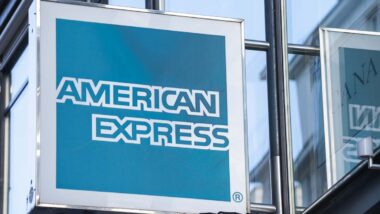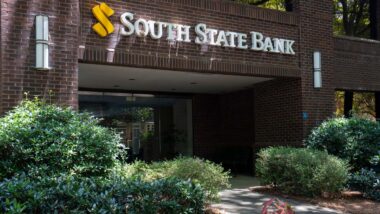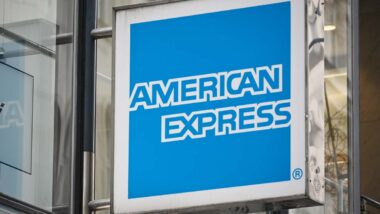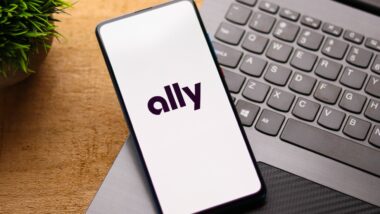Top Class Actions’s website and social media posts use affiliate links. If you make a purchase using such links, we may receive a commission, but it will not result in any additional charges to you. Please review our Affiliate Link Disclosure for more information.

In 2016, Wells Fargo took a major hit to its reputation when it was revealed that employees of the bank across the country had opened 3.5 million fake bank accounts for consumers without their authorization. When it was revealed that the fake bank accounts were motivated by unreasonable sales goals involving lucrative bonuses, an overhaul of the bank’s system was required by authorities and million of dollars in fines and penalties were issued.
The authorities were not quite done with the Wells Fargo fake bank account scandal. After the scandal was resolved, the Office of the Comptroller of the Currency (OCC) initiated an investigation into 40 large and midsized banks in the same class as TDBank. The investigation was looking for signs of another fake bank account scandal and further violations of financial laws.
In June 2018, after the investigation was complete, American Banker reported on the results found by federal authorities. Numerous cases of fake bank accounts were reportedly found in the investigation.
According to American Banker, a spokesperson for the OCC, Bryan Hubbard, reported to the American Banker that the creation of fake bank accounts seemed to be motivated by “short-term sales promotions without adequate risk controls, deficient account opening and closing procedures, and isolated instances of employee misconduct.”
American Banker also reported that the OCC issued 5 industry-wide warnings and over 250 warnings to individual banks to resolve issues.
Despite the massive amount of regulatory action taken, the OCC does not plan to release the identities of the banks who committed fraudulent behaviors. Because banks took action to correct the issues, the OCC reportedly maintains that disclosing the banks and issues involved in unnecessary.
“Most banks took timely actions during the review to address weaknesses in policies, procedures, and controls; incentive programs; and their risk governance frameworks,” Hubbard said in a statement to American Banker. “As a result, systems and controls in these banks are now better integrated and more apt to identify inappropriate sales activities in a timely manner.”
However, not everyone is satisfied with these assurances. Some believe that the OCC should let the public know which banks were in violation of regulations so that consumers can make informed choices about where they handle their finances.
“It’s apparent that the toxic culture at Wells Fargo that led to millions of fake accounts was no outlier,” said Ed Mierzwinski of the U.S. Public Interest Research Group, according to the Los Angeles Times. “We know now that Wells Fargo wasn’t the only wrongdoer; only full disclosure by OCC can let us know if Wells was Patient Zero of a growing epidemic of banks behaving badly.”
Although the OCC is determined to keep the issues under wraps, private attorneys are investigating bank practices to see if they can detect signs of fraudulent behavior such as fake bank account creation. Banks included in the private fake accounts investigation include Bank of America, Bank of Oklahoma (BOK Financial), Capital One Bank, HSBC, Royal Bank of Canada and TDBank.
An unauthorized bank accounts lawsuit investigation is now looking into banking sales practices at the following banks:
- Bank of America
- BOK Financial
- Capital One
- HSBC
- Royal Bank of Canada
- TD Bank
If you are a customer at one of the banks listed above and you were charged for fees from a bank account you did not open, you were issued a credit card you did not request, or you were enrolled in services you did not authorize, you may qualify to join this fake bank account class action lawsuit investigation.
ATTORNEY ADVERTISING
Top Class Actions is a Proud Member of the American Bar Association
LEGAL INFORMATION IS NOT LEGAL ADVICE
Top Class Actions Legal Statement
©2008 – 2024 Top Class Actions® LLC
Various Trademarks held by their respective owners
This website is not intended for viewing or usage by European Union citizens.
Get Help – It’s Free
Join a Free Fake Bank Account Class Action Lawsuit Investigation
If your bank and credit union has engaged in deceptive overdraft fee practices, you may have a legal claim. Fill out the form on this page now to find out if you qualify!
An attorney will contact you if you qualify to discuss the details of your potential case.
PLEASE NOTE: If you want to participate in this investigation, it is imperative that you reply to the law firm if they call or email you. Failing to do so may result in you not getting signed up as a client or getting you dropped as a client.
In order to properly investigate fake bank account claims, you may be required to disclose bank statements to attorneys. Please note that any such information will be kept private and confidential.
Oops! We could not locate your form.

